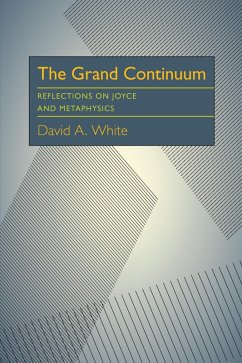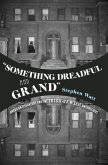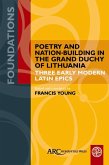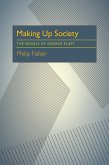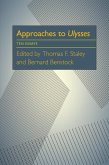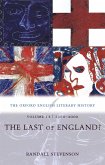The assumptions that literary criticism and philosophy are closely linkedand that both disciplines can learn much from each otherlead David White to examine key passages in James Joyce's novels both as a philosopher and as literary critic. In so doing, he develops a thesis that Joyce's attempt to capture the mysterious process whereby perception and consciousness are translated into language entails a fundamental challenge to everyday notions of reality. Joyce's stylistic brilliance and virtuosity, his destruction of normal syntax and meaning, "shock one into a new reality." In the book's final section, White examines the subtle relation between literary language and human consciousness and traces parallels between Joyce's stylistic experimentation and Wittgenstein's and Husserl's ideas about language.
Dieser Download kann aus rechtlichen Gründen nur mit Rechnungsadresse in A, D ausgeliefert werden.

